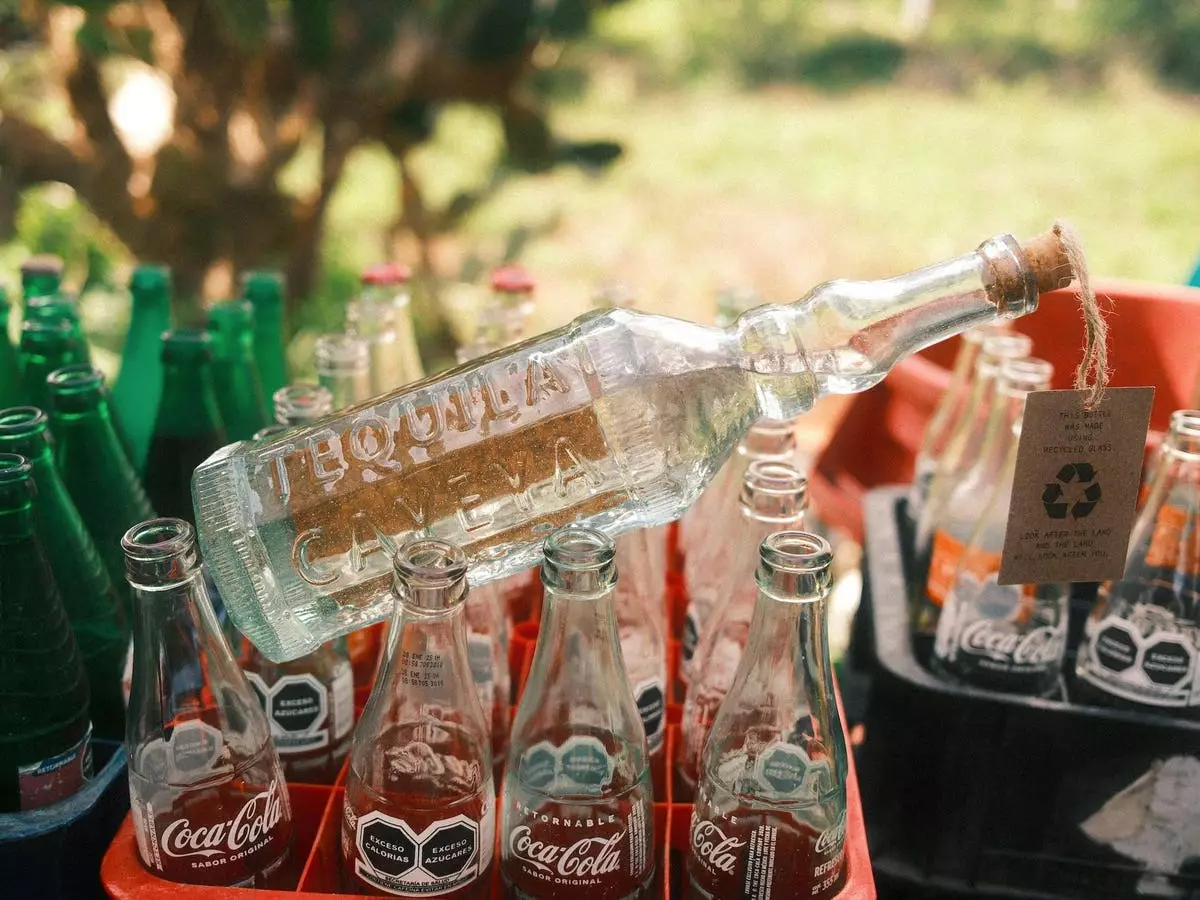Tequila has often been viewed through the lens of its illustrious history and the craftsmanship that goes into its production. In recent years, brands are beginning to pivot towards the visual appeal and sustainable practices involved in their products. Among these is Cayéya, a tequila brand that not only focuses on the quality of its spirits but also presents an innovative approach to its packaging. This combination of tradition and sustainability is reshaping how consumers perceive tequila, setting a new standard for the industry.
Cayéya’s founder, Sam Hirsch, epitomizes this ethos. His journey to develop a new line of tequila was markedly influenced by a visit to Tonalá, a town renowned for its artisanal glasswork and traditional craftsmanship. Hirsch’s commitment to the local economy and sustainable practices laid the groundwork for Cayéya’s unique brand identity. At its core lies the idea that tequila can be not just a spirit, but an art form that elevates the cultural significance of its roots.
The foundation of Cayéya’s bottles stems from the use of recycled materials, namely Mexican Coca-Cola and Pacifico beer bottles. This choice reflects a conscious effort to minimize waste while simultaneously celebrating local craftsmanship. Upon entering the glass factory in Tonalá, Hirsch was captivated by the distinct handmade attributes of the bottles. Unlike mass-produced alternatives, each bottle tells a story—its slight imperfections and rich blue-green hues echo the waves of the ocean that have touched the coasts of Mexico.
Hirsch’s decision to partner with local artisans for the bottle’s design not only pays homage to traditional craftsmanship but also integrates an environmentally friendly model into the brand narrative. The meticulous process, which involves transforming shattered glass into new vessels, highlights how Cayéya is at the forefront of sustainable practices within the liquor industry. Every step, from sourcing materials to the creative process, is spearheaded by an intention to honor the environment and local culture.
Cayéya’s dedication to sustainability goes beyond merely using recycled materials. It extends into the economic sphere, providing jobs and opportunities for local craftspeople. By choosing to work with family-run factories and respecting the labor of the jimadores—those who cultivate and harvest agave—Cayéya actively contributes to the preservation of traditional methods and the economic wellbeing of the region. This approach resonates significantly with the modern consumer, particularly among younger generations who increasingly prioritize brands that are socially and environmentally responsible.
As the tequila market continues to boom, brands like Cayéya adopt refreshing perspectives that enable them to engage with consumers on a personal level. The narratives surrounding sustainable practices become intertwined with the spirit itself, cultivating a deeper connection for consumers who are more educated and curious about their choices.
Cayéya faces a market dominated by established brands like Casamigos and Patrón, yet it has carved a niche for itself through its unique offerings. Priced at an accessible $49.99, the traditional lineup promises a distinctive taste experience that reflects the agave’s essence without being overshadowed by additives or artificial flavors—a growing concern among discerning consumers today.
Rather than merely competing against larger brands, Cayéya’s differentiation lies in its story and its embrace of sustainable entrepreneurship. Drawing parallels with the philosophical notion of David versus Goliath, Hirsch demonstrates that innovative approaches combined with authenticity can, in fact, disrupt traditional market dynamics. This shift is not just a trend; it signifies a cultural evolution within the spirits landscape.
As the market matures, the demand for brands that prioritize sustainability and local impact is only expected to grow. The experiences crafted by brands like Cayéya are essential in redefining consumer expectations and cultivating an appreciation for the artistry involved in tequila production.
Hirsch emphasizes that the growing tequila renaissance has illuminated the hard work behind each bottle, urging both consumers and producers to honor the origins and craftsmanship tied to every sip. The burgeoning consciousness surrounding sustainability within the spirits industry showcases the pivotal role of brands like Cayéya in shaping the future of tequila.
In this vibrant landscape, Cayéya embodies a transformative approach, demonstrating that every bottle can be more than just a container. It can serve as a catalyst for change within communities, promote traditional artisanship, and celebrate cultural heritage. With each unique bottle, consumers will not only enjoy the spirit of Mexico but also participate in a broader movement embracing sustainability and respect for local cultures.


Leave a Reply